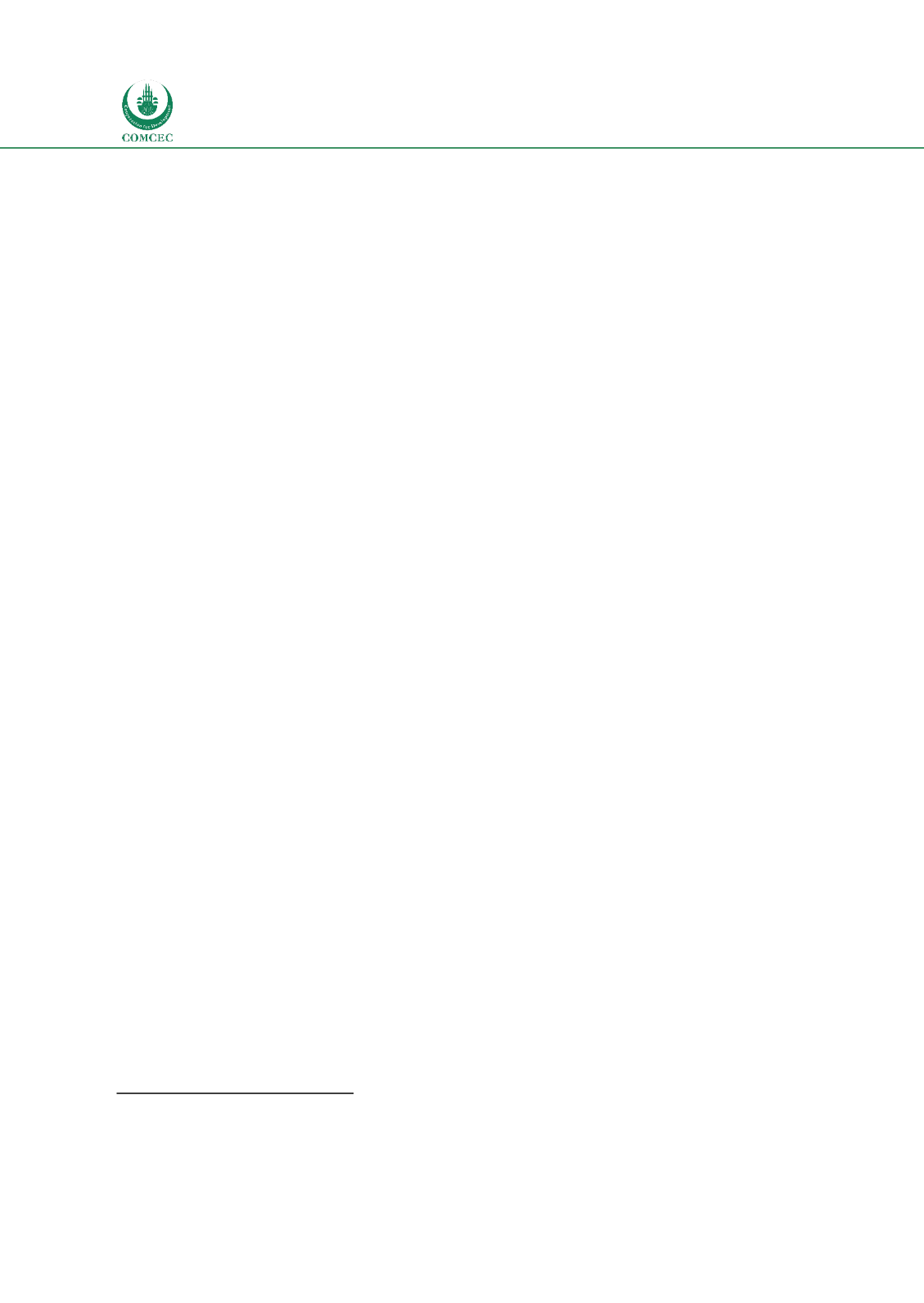

Muslim Friendly Tourism:
Developing and Marketing MFT Products and Services
In the OIC Member Countries
46
In South Korea, the Korea Institute of Halal Industry sought to increase awareness of
Halal standards and market potential among companies that sought to target Muslim
consumers.
90
In the Philippines, the Department of Tourism (DOT) launched the Philippine Halal
Tourism Project at the Madrid Fusion Manila 2016, aiming among other things to
raise awareness of Halal as a concept and the Halal tourism market potential among
Filipinos as well the tourism industry.
91
2.
Products and Services Development
While OIC countries may have a home court advantage in the area of MFT products and
services, non-OIC countries have been actively seeking to develop MFT products and services;
An effort which governments have been keenly supporting in their quest to attract Muslim
travelers. The following examples show a variety of government initiatives in this area:
In Japan, a number of local governments have supported local restaurants in making
their establishments more Muslim-friendly. A large number of Japanese airports
created designated prayer rooms and began to provide more Halal food options at
airport facilities.
In China, Zhangjiajie Municipal Government has provided subsidies to restaurants in
Lanzhou, Yinchuan and Xinjiang to enable them to open Halal restaurants. The
Zhangjiajie Municipal Ethnic Affairs Commission was also planning to build an Islamic
center that has Halal restaurants and hotels.
3.
Certification of Products and Services
With certification being one of the main challenges facing entrants to the MFT market,
governments have been increasingly active in supporting MFT products and services
providers obtain Halal certification especially restaurants. The following examples show a
variety of government initiatives in this area:
The Philippines’ Department of Tourism (DoT) covered the Halal certification fees for
at least 50 restaurants in an effort encourage food outlets to obtain Halal certification
in their quest to provide Halal-friendly services to Muslim travelers. The initiative
targeted the restaurants of hotels, resorts, and those within conferences and events
halls in Manila, Davao, Cebu and Boracay.
92
Japanese local governments provided subsidies to businesses to help obtain Halal
certification. In one instance, a local government has offered subsidies of up to 1
million yen ($8,515) to businesses that are working toward obtaining Halal
certification.
93
90
“Korean Halal institute explores cooperation with Indonesian Halal Institute.” Miraj News. 24 Nov. 2014. Web.
91
Tantiangco, Aya, “DOT Courts NewMarket with Halal Tourism.” GMA News. 13 Apr. 2016. Web.
92
”Philippines to Court Halal Tourism Market.” Oxford Business Group. 11 Mar. 2016. Web.
93
“Japan Inc. Goes Halal.”
Nikkei Asian Review
. 16 Jan. 2015. Web. 1 Mar. 2016.
















